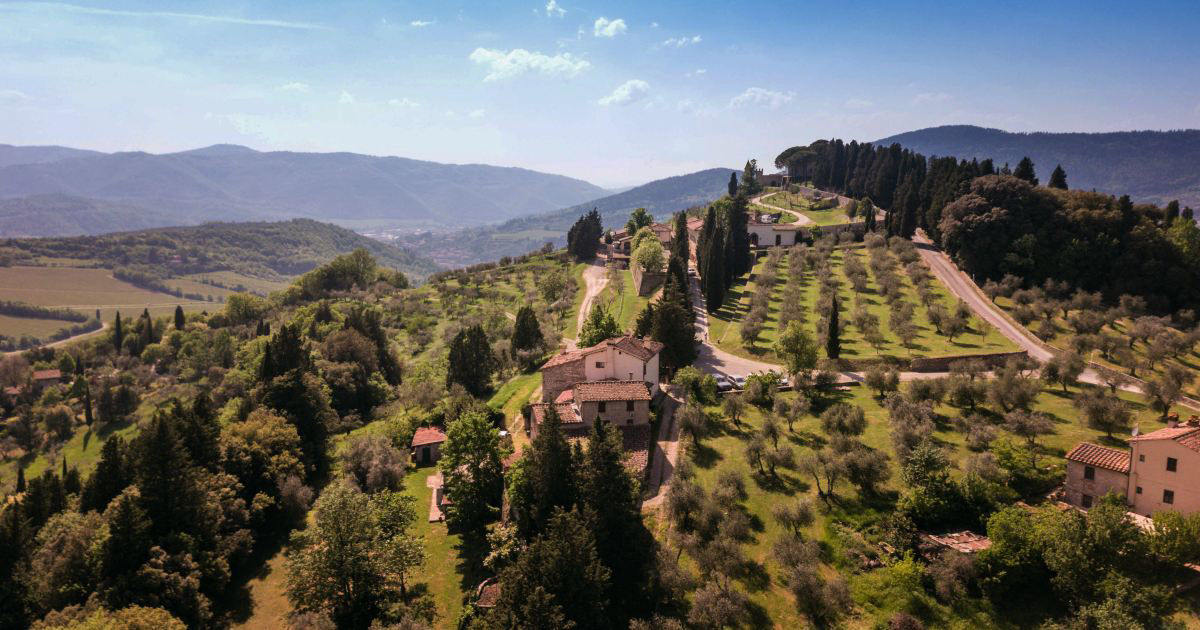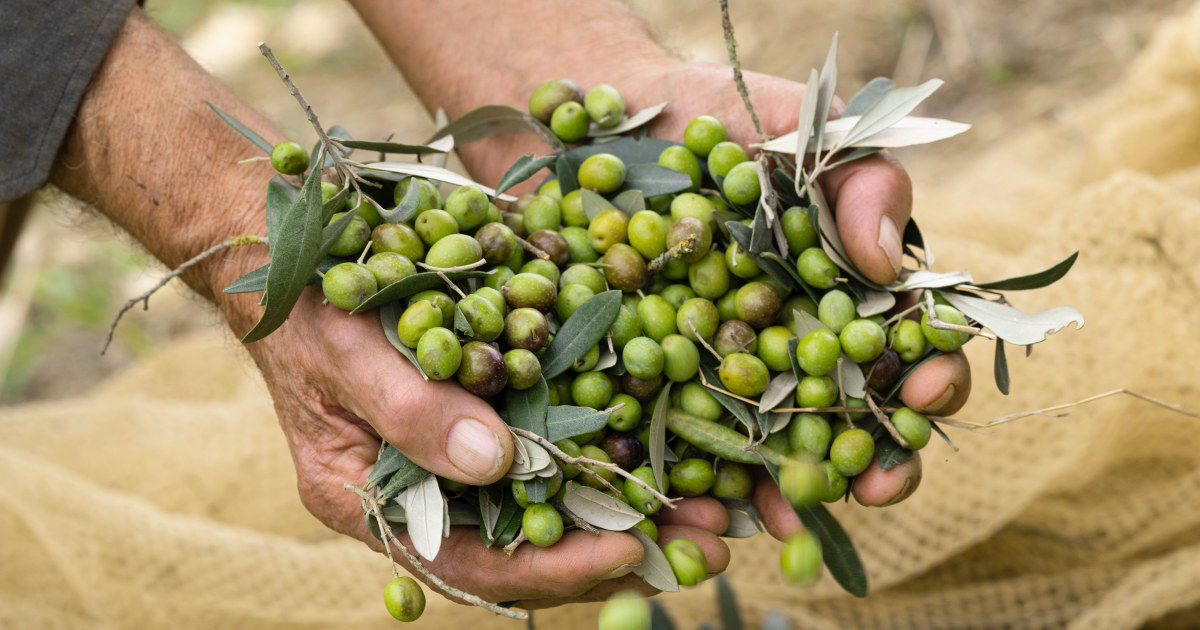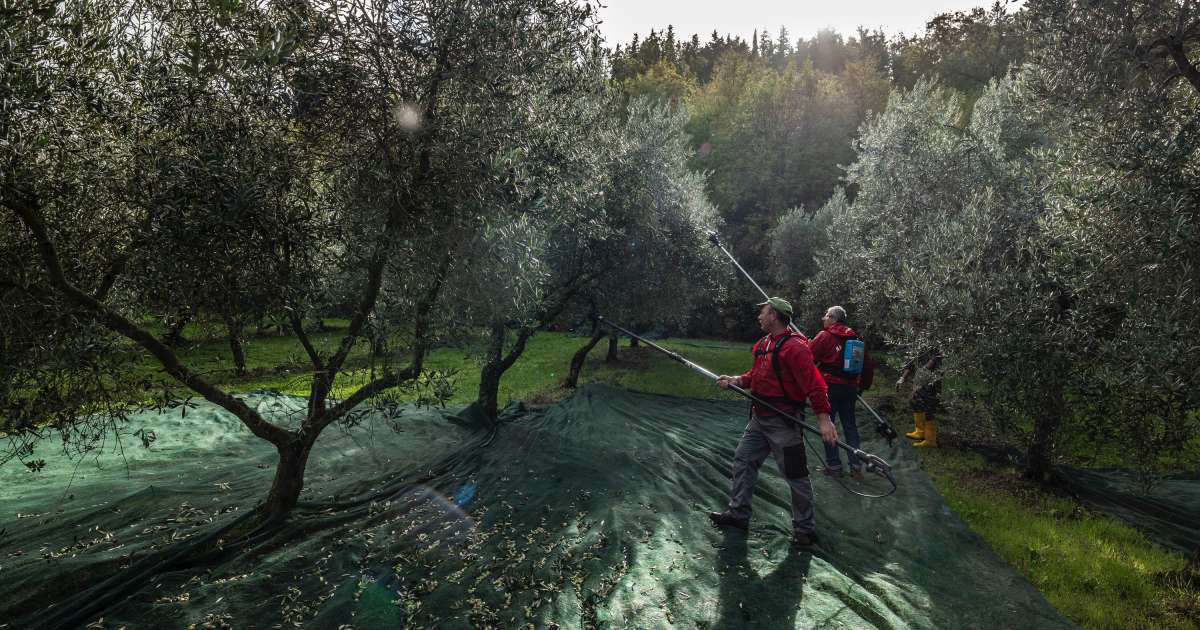
Olive oil production is a complex and intricate process that involves a precise series of essential steps to obtain a high-quality product. Among these, crushing olives is considered the beating heart of the entire olive oil production. Indeed, the correct execution of this process is of paramount importance to determine the quality and quantity of the oil produced, as well as to influence the organoleptic properties of the oil itself. This stage occurs immediately after the olive oil milling, where the separation of the olive paste from the solid parts takes place.
What is olive oil extraction?
Olive oil extraction is a crucial phase in the production of olive oil, without which it would be difficult to obtain a high-quality product. This stage not only separates the oil from the water but also allows for the removal of any impurities present in the olive paste, ensuring the purity of the extracted oil, as flavor, and nutritional benefits. It is essential to extract the pure oil from the fruit.
Extraction is a process that requires great attention to the regulation of pressure and temperature, in order to preserve the organoleptic properties of the oil.
To obtain high-quality olive oil, it is therefore essential to pay great attention to the extraction stage of the olives, choosing the right tools and using the correct techniques. Only in this way can one guarantee a final product of excellent quality, that will satisfy the most demanding palates.


How does olive oil extraction occur?
- Gramolatura (or mixing phase) aims to encourage the small oil droplets to coalesce into larger ones, facilitating the subsequent extraction.
- Extraction: the olive paste is subjected to centrifugal force, separating the oil from the rest of the components based on their density. The result is a mixture of oil and water, carrying with it the essence of the olive.
- Separation: A centrifuge or separator ensures the purity of the olive oil, as any remaining water or impurities are meticulously removed.
Olive oil extraction happens through the use of a kneading machine, a large tank that uses a series of helical blades to mix the oil paste, which rotate at about 30 revolutions per minute. This process lasts a duration that varies depending on the machine used, the quantity of olives to be treated, and the temperature at which the process takes place, but it usually lasts from 20 to 40 minutes at most, since a longer duration does not result in a higher quality outcome.
Temperature is an important parameter as it affects the quality of the produced olive oil. Generally, the crushing occurs at a temperature ranging between 22°C and 28°C, but there can be variations depending on the climatic conditions and the type of olives used. In any case, this does not exceed 30°C, a temperature that, if exceeded, risks damaging the quality of the oil. From the temperature used to finish the process, denominations can also be derived; in fact, if the crushing is performed between 24°C and 27°C, the oil will be considered "cold extracted". Cold extraction does not allow as much oil to be extracted as other higher temperatures, but it certainly guarantees a higher quality.
The extraction takes place in an airtight environment, this is because, in addition to wanting to control the temperature as already indicated, it is also important to avoid prolonged contact with the air during the mixing process, particularly between the oxygen and the paste. This is because when in contact with the air, the oil loses part of its organoleptic properties, deteriorating. Specifically, the number of polyphenols decreases, which are essential for the oil's key characteristics. Prolonged contact with oxygen leads to the formation of peroxides, which are directly responsible for the premature degradation of the oil. For these reasons, the air that comes into contact with the paste is monitored, or even replaced by other inert gases, such as nitrogen.
Conclusion
In conclusion, olive oil extraction is a fundamental phase in the production of olive oil, determining its quality and quantity. This process allows the oil to be separated from the watery part, resulting in a product with low levels of acidity and a pleasant flavor. If you wish to taste high-quality olive oil, we recommend you try Laudemio olive oil, which is produced following rigorous quality standards and is distinguished by its unique and intense flavor.